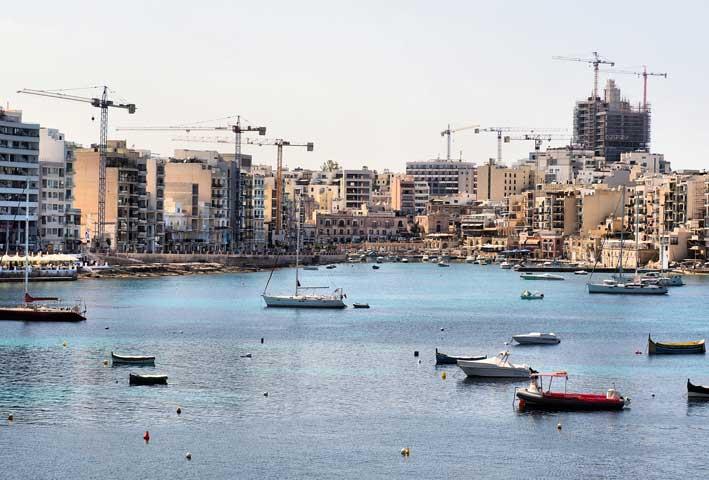It's another morning and come 7 o'clock the drilling starts from the construction site down the road. You ask yourself if they can really start making this incessant noise this early.
The law dictating the permissible hours of work for construction work are found in the Environmental Management Construction Site regulations. Construction activity can be carried out between 7am and 8pm.
Site activities generating more than a certain specified amount of noise must also stop between 2 and 4pm. No construction work can be carried out on Sundays and public holidays.
Moreover, during the period between 15 June and 30 September, demolition and exaction work are not allowed in tourism zones. This is defined by the competent authority for tourism.
There is also a general provision in the regulations for construction sites to avoid unnecessary noise such as leaving noisy operating machinery idle, shouting, loud radios or excessive revving of engines. The law also states "any owner carrying out or commissioning construction work shall ensure that the work is carried out in a manner that causes the least nuisance". The definition of nuisance in this case also stipulates noise.

All sounds well and good: there is a specific law in place which provides stringent measures that need to be followed. However, the next part of the law says: "In the case of emergencies, construction work may take place at any other time while it will be mandatory to inform the Authority during its first hour of subsequent business."
Furthermore, any of the above laws can be deviated from by requesting approval by the Authority. Also, if the nearest habitable space is further than one kilometre away none of the aforementioned conditions apply.
Just in case you were thinking of having a nap in the afternoon, a legal notice issued in 2007 stipulating the enactment of the Environment Management Construction Site regulations excluded the clause dictating noise generating activities over a stipulated amount between 2pm and 4pm from being enforced.
Nonetheless, the Building Regulation Act fills some of the gaps about some equipment. It prohibits the use of mechanical excavators with hydraulic hammers and pneumatic drills before 8am, between 2 and 4pm, after 8pm and all day on Sundays and public holidays. These time limits may be waived or become more stringent if the Director of the Building Regulation Office (BRO) so directs.
It should be noted that when granting development permits, building policies are sometimes taken into account which includes regulations that are more stringent.
Although noise emanating from construction sites is allowed during the noted hours, the eternal question of how loud is too loud applies. As it stands, there is no stipulation for noise levels during the allowed hours. Noise levels should also be accompanied by the duration for the exceeded noise to be heard and where the measurement should be taken.

For the law to be followed enforcement is required and from several reports received by this newspaper, it is apparent that noise from construction sites is being heard outside the stipulated hours.
This newspaper also reported in May that the BRO, the entity people are urged to call when they notice construction illegalities, is not staffed outside office hours.
Renovation or maintenance
If your neighbour decides to do a little maintenance work, what laws are applicable for this type of activity? In this case, the BRO does not deal with any other nuisance not caused by construction activities and the matter would need to be referred to the police.
A number of questions were sent to the police force requesting information on the general procedure followed as well as the laws governing noise from neighbours. Acknowledgement of the questions was received but no answer was forthcoming until the time the newspaper went to print.
There is no specific provision in the law that governs noise from neighbours. There are, however, two main Criminal Code provisions which have been invoked by the Courts with respect to noise-related disputes.

One states that a person is guilty of a contravention against public order if he disturbs the slumber of inhabitants at night by rowdiness or brawling, or in any other manner. This contravention specifically arises if it is perpetrated during the night and prevents people from having their rest.
The other, on the other hand, is used in various instances where noise complaints arise at other times, not specifically at night time. This generally constitutes "breach of the peace" but in both provisions, the Courts decide on a case-by-case basis whether the noise complained about was truly an absolute nuisance.
Generally, the laws concerning the regulation of noise pollution are spread over a number of different legislative measures, most of which are independent of each other. This results in a lack of enforcement and a subjective approach taken by the Courts.
However, the general application of what is referred to as "good neighbourliness: should be understood. This underlines the principle that neighbours should respect, tolerate and mutually trust each other to allow them to live peacefully within society. It is, unfortunately, this lack of compromise that often leads to noise disputes.